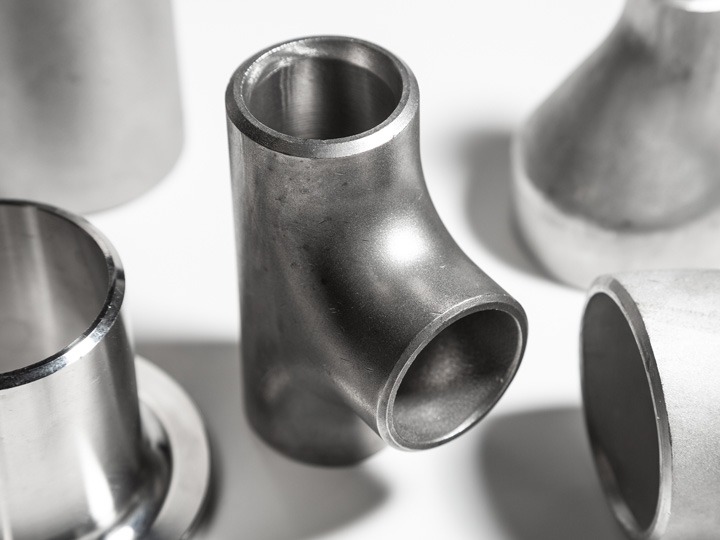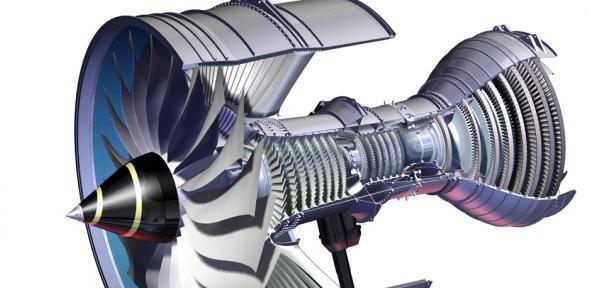- Home
- Products
- Elementary
- Boride Powder
- 3D Printing Powder
- Sulfide Powder
- Oxide Powder
- Carbide powder
- Nitride Powder
- Silicide Powder
- Hydride Powder
- Telluride Powder
- Selenide Powder
- Stearic Acid Series
- Phosphide Powder
- Nanoparticles
- Metal Alloy
- MAX Phase
- Lithium Battery Anode
- Surfactant
- Molecular sieves
- Concrete Admixtures
- News
- Answers
- Contact
- About
Answers
- 0
- 0
What are Nickel Alloys Used For?
If you are looking for high-quality products, please feel free to contact us and send an inquiry, email: brad@ihpa.net
The secretary general of the Organization of Petroleum Exporting Countries (OPEC) said recently that US economic sanctions against Venezuela have affected global energy supplies.
He told Venezuelan media that the ECONOMIC sanctions imposed by the United States on Venezuela and other countries have seriously affected the ability to produce and export oil worldwide and violated the right of people in other countries to use energy.
Venezuela has one of the largest proven crude oil reserves in the world, but U.S. sanctions have made it impossible for Venezuela’s oil industry to consistently export reliable energy to the world, he said. Despite this, he highly appreciated the efforts of the Venezuelan oil industry to maintain nickel alloy are expected to increase in the future.
Nickel alloys are metals made by combining nickel as the main element with another material (usually titanium, copper, aluminum, iron, and chromium).
It combines two materials to provide more desirable functions, such as higher strength or corrosion resistance. Due to its unique performance, it is used in a variety of devices in multiple industries.
About 90% of all new nickel sold each year is used to make alloys. The most popular is stainless steel, which accounts for about two-thirds of newly produced nickel alloys. 
Enhanced properties provided by the material:
Improved versatility
Higher toughness
Enhanced corrosion resistance
Oxidation resistance
Strength increases at higher and lower temperatures
Magnetic
Electronic properties
Many nickel-based alloys have excellent properties at temperatures above 1000°C, making them ideal for extremely harsh environments. They provide excellent oxidation resistance at high temperatures while maintaining high-quality weldability, machinability, and ductility.
How long is the life of nickel alloy?
Nickel alloys have an average life of 25 to 35 years. Depending on the application, the service life may be longer. So, the material is more cost-effective than other metals. Nickel alloys are recyclable and have one of the highest recovery rates in the world. About half of the nickel in stainless steel products comes from recycled nickel materials.
Nickel alloy applications:
This material is common in a variety of devices and objects that people use every day, including:
Mobile phone
Food preparation equipment
Medical equipment
Laboratory equipment
Transportation
Plane
Pharmaceuticals
Building materials
Aircraft and power turbines
Nuclear power system
The energy, chemical, petrochemical, and power industries rely on nickel superalloys for their excellent oxidation resistance and high-temperature strength in critical applications. Alloys of nickel, chromium, and molybdenum offer enhanced corrosion resistance. 
Superalloys are made by adding homogeneous elements (including chromium, aluminum, cobalt, and titanium) to produce optimal directional solidification or single crystal structure, thus giving the material strength beyond that of ordinary steel. These nickel-based alloys are used in extremely hot environments, such as gas turbines and aircraft for electricity generation.
Iron-bearing nickel alloys are popular in electronics and specialty engineering. Nickel alloys with copper are used in Marine engineering because of their corrosion resistance in seawater.
Wastewater treatment and piping systems have increased the use of this type of stainless steel because of its very low corrosion rate when treating water, even at high flow rates. It also offers incredible strength and ductility and is easy to manufacture, making it easier to use a cheaper method of joining when assembling pipes.
Luoyang Tongrun Nano Technology Co. Ltd. (TRUNNANO) is a trusted global chemical material supplier & manufacturer with over 12-year-experience in providing super high-quality chemicals and Nanomaterials, including metal alloy, nitride powder, graphite powder, zinc sulfide, calcium nitride, 3D printing powder, etc.
If you are looking for high-quality metal alloy at a very good price, please feel free to contact us and send an inquiry. ([email protected])
With Russia taking the lead on Poland and Bulgaria at the end of last month, there appears to be a growing sense of compromise within the EU over whether to accept Moscow's proposed rouble settlement order.
Italy's prime minister said recently that European companies would be able to buy gas in roubles without violating sanctions. This apparently ignores the guidance of hardliners in the EU to "fight to the end".
For weeks, European companies have been trying to find ways to meet Russia's payment demands for the rouble while maintaining vital gas supplies without violating sanctions against Moscow.
Late last month, European Commission President Von der Leyen said operating under the mechanism would violate sanctions and asked European companies not to bow to Russian demands. However, the EU has yet to issue more rigorous written guidelines on how companies should pay Gazprom.
The Italian prime minister said recently, "There is no official announcement from the European Union about what ruble settlement means for sanctions violations, and no one has said whether ruble payments violate sanctions or not. It's a grey area."
"In fact, most gas importers are already opening rouble accounts for deals with Gazprom,"
He also used German companies as a shield. He said Germany's largest gas importer had already paid in rubles. "In fact, we saw evidence yesterday that the largest gas importer in Germany has already paid in rubles."
Inquiry us
PREVIOUS NEWS
What are Hollow Glass Microspheres Used For?
NEXT NEWS